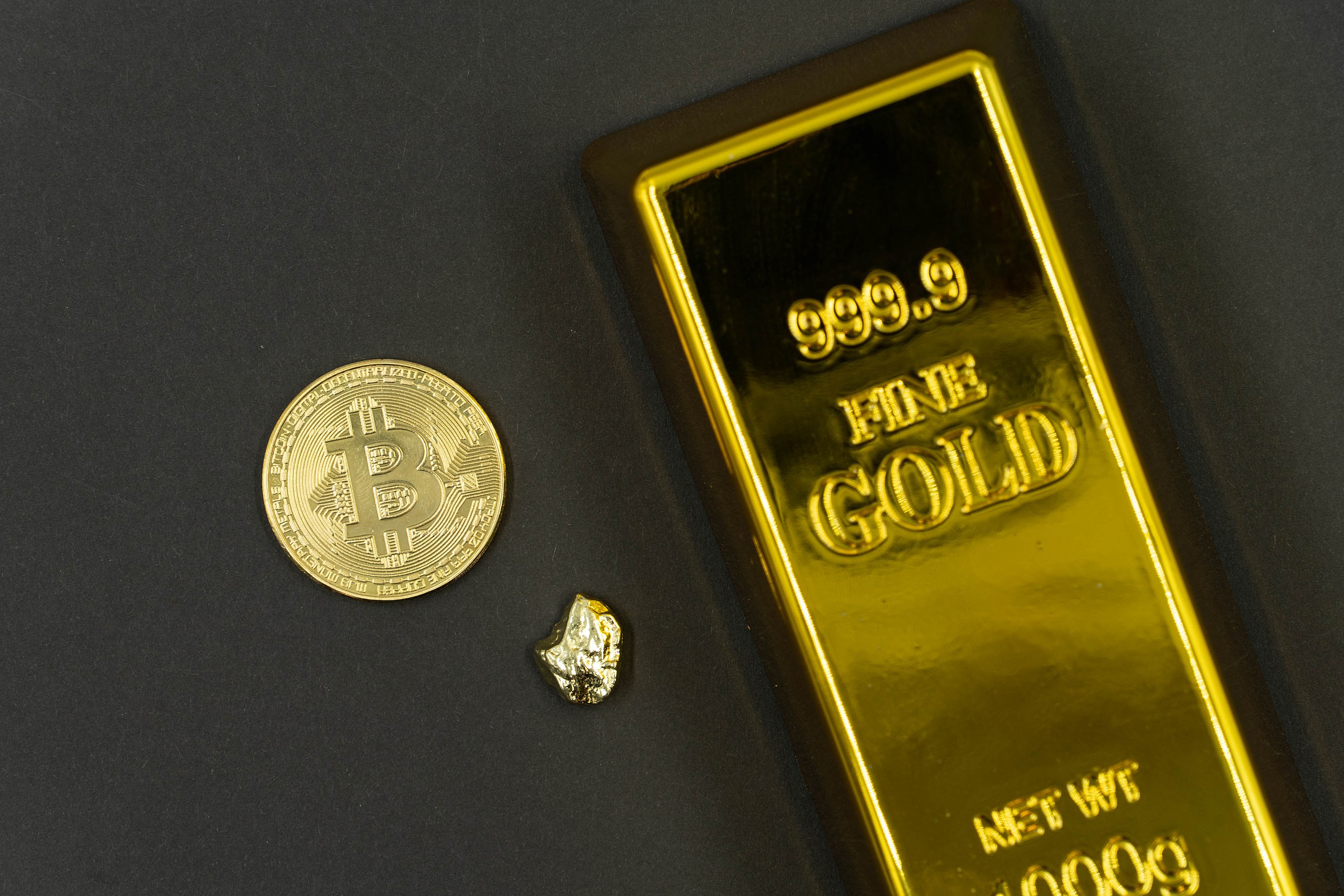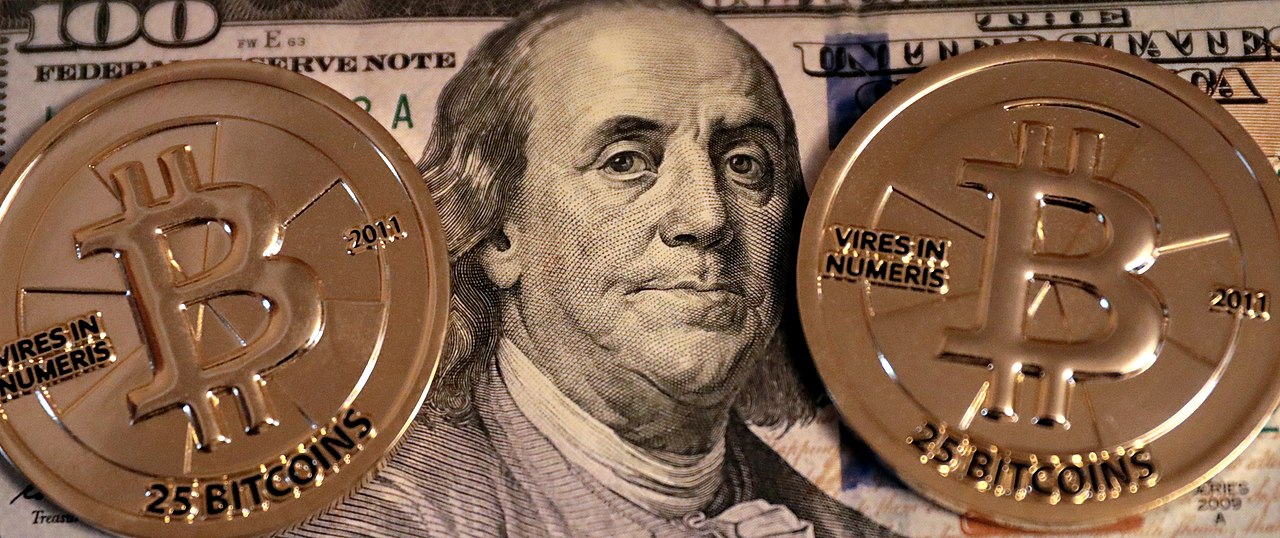In an era where financial stability and currency value are hot topics, former MicroStrategy CEO and Bitcoin advocate Michael Saylor has delivered a provocative comparison. Saylor equates the future of the U.S. dollar to the Argentine peso, predicting a grim outlook for the greenback’s purchasing power. His bold claims, made during a recent PBD Podcast episode with Patrick Bet-David, have reignited debates on currency value, inflation, and the role of Bitcoin in the global economy. This article delves into Saylor’s controversial views, analyzes the current economic landscape, and explores why Bitcoin enthusiasts find his arguments compelling.
Saylor’s Scathing Comparison
Michael Saylor has never been shy about his disdain for traditional fiat currencies, particularly the U.S. dollar. During his interview on the PBD Podcast, Saylor drew a stark comparison between the U.S. dollar and the Argentine peso.
- “The Dollar vs. The Peso”: Saylor asserted, “The only difference [between] the U.S. dollar and the [Argentine] peso is, whereas it takes 20 years to lose your family’s fortune in the peso, it takes about 90 years to lose your family’s fortune in the dollar.”
This dramatic statement highlights Saylor’s belief in the dollar’s long-term depreciation, using historical data to bolster his argument. He cited the value of his Miami Beach home as a case in point.
- A Historical Perspective: “My house in Miami Beach was $100,000 in 1930. It was appraised at $46 million a few years ago,” Saylor explained. “Do the calculation. It’s on a path to be worth $100 million, which means that the U.S. dollar will have lost 99.9% of its value over 100 years.”
Saylor’s view is stark and unambiguous: in his eyes, the U.S. dollar is on a relentless path to devaluation.

The Inflation Argument
Saylor’s critique of the dollar centers on inflation, which erodes the currency’s purchasing power over time. This concern is not unfounded, especially when comparing inflation rates globally.
- Argentina’s Hyperinflation: As of May 2024, Argentina faced an astronomical annual inflation rate of 276.4%, a stark contrast to the U.S.’s 3.3% increase in the consumer price index over the same period. While the U.S. inflation rate is significantly lower, Saylor argues that even these levels of inflation are detrimental.
- Banking and Wealth Erosion: Saylor suggests that holding money in traditional bank accounts is a losing strategy. “Basically, the bottom line there is, your money in the bank isn’t money. You shouldn’t have any money in a bank,” he stated. “You’re losing 7% of your wealth every year in a good year if it’s the dollar; you’re losing 15% in a not good year.”
To illustrate, Saylor referenced the U.S. dollar’s historical depreciation, noting that $1 in 1930 is equivalent to just $0.05 in 2023, a loss of 95% in purchasing power.
Bitcoin: The Superior Alternative?
For Saylor, the antidote to the pitfalls of fiat currency is clear: Bitcoin. He champions Bitcoin as the strongest form of money available today, primarily due to its capped supply and decentralized nature.
- Capped Supply: Bitcoin’s total supply is limited to 21 million coins, which Saylor argues protects it from inflation. Unlike fiat currencies that central banks can print at will, Bitcoin’s scarcity theoretically safeguards its value.
- Global Utility: “The strongest money in the world is bitcoin, because bitcoin is absolutely capped at 21 million,” Saylor emphasized. He praised Bitcoin’s global reach and resilience, noting, “You could take a billion dollars of bitcoin across the border, you can transfer it to a counterparty, and no government can interdict that, and nobody can inflate that.”
Despite Bitcoin’s notorious volatility, its value has surged significantly over the past year, rising 37% in 2024 alone and 94% over the past 12 months when measured in U.S. dollars.
The Buffett Counterpoint
While Saylor’s advocacy for Bitcoin is robust, not all financial experts share his enthusiasm. Warren Buffett, one of the most respected investors, has been a vocal critic of Bitcoin.
- Buffett’s Skepticism: At the 2022 Berkshire Hathaway annual shareholder meeting, Buffett famously quipped, “If you told me you own all of the bitcoin in the world and you offered it to me for $25, I wouldn’t take it because what would I do with it? I’d have to sell it back to you one way or another.”
- Confidence in the Dollar: Buffett has long expressed confidence in the dollar’s status as the world’s reserve currency, predicting it will retain this role for decades to come. In 2015, he stated, “I think the dollar will be the world’s reserve currency 50 years from now, and I think the probabilities of that are very high.”
This contrast between Saylor’s and Buffett’s views highlights the broader debate within the financial community about the future of currency and the role of digital assets like Bitcoin.
Real Estate: A Hedge Against Inflation
In discussing the devaluation of the dollar, Saylor also pointed to real estate as a traditional hedge against inflation. His own Miami Beach property, which appreciated from $100,000 in 1930 to an estimated $46 million, serves as a prime example.
- Accessibility of Real Estate Investments: While high-value properties may be out of reach for many, Saylor’s insights underline the potential of real estate as an inflation hedge. Today, avenues like Real Estate Investment Trusts (REITs) and crowdfunding platforms make it possible for ordinary investors to participate in the real estate market.
Conclusion
Michael Saylor’s comparison of the U.S. dollar to the Argentine peso is a provocative take on the future of fiat currency in the face of inflation. His fervent belief in Bitcoin as a superior form of money underscores the growing interest in cryptocurrencies as potential safeguards against traditional financial system vulnerabilities. While critics like Warren Buffett remain unconvinced, Saylor’s arguments resonate strongly with Bitcoin enthusiasts and those wary of the long-term value of the dollar. As the financial landscape evolves, the debate between fiat and digital currency continues to captivate and divide investors worldwide.


